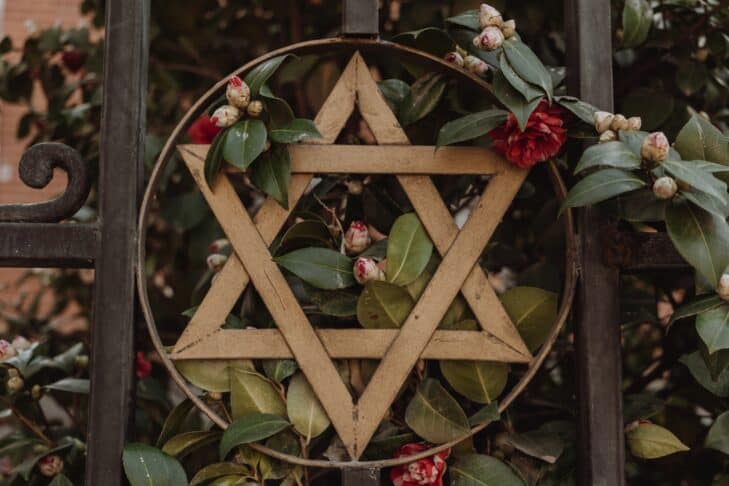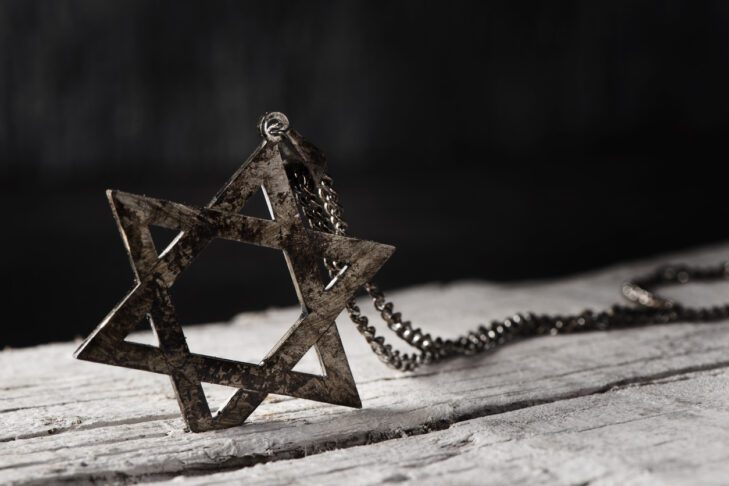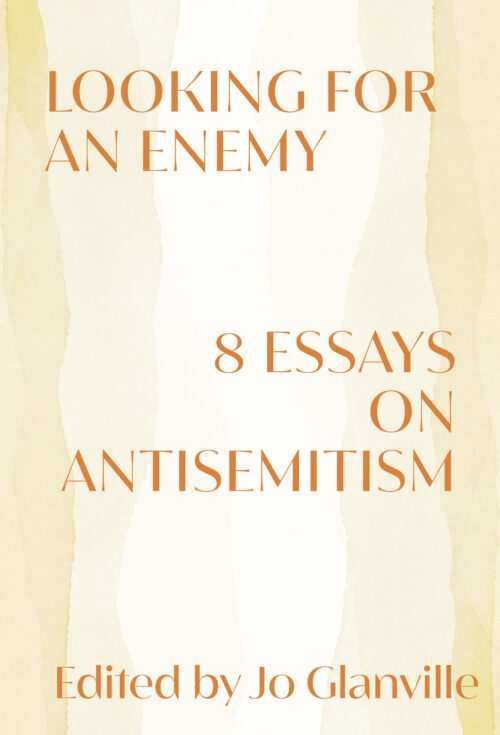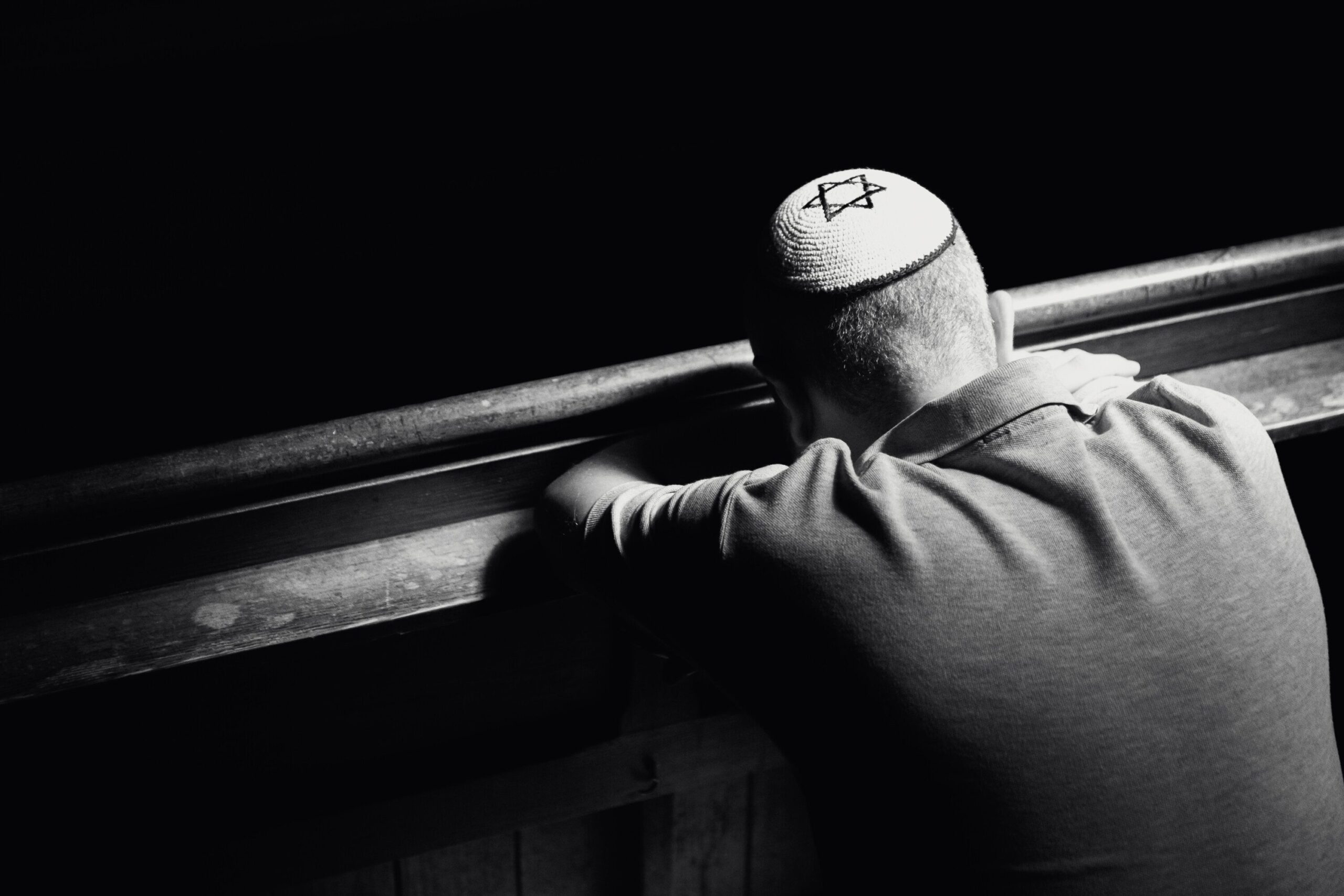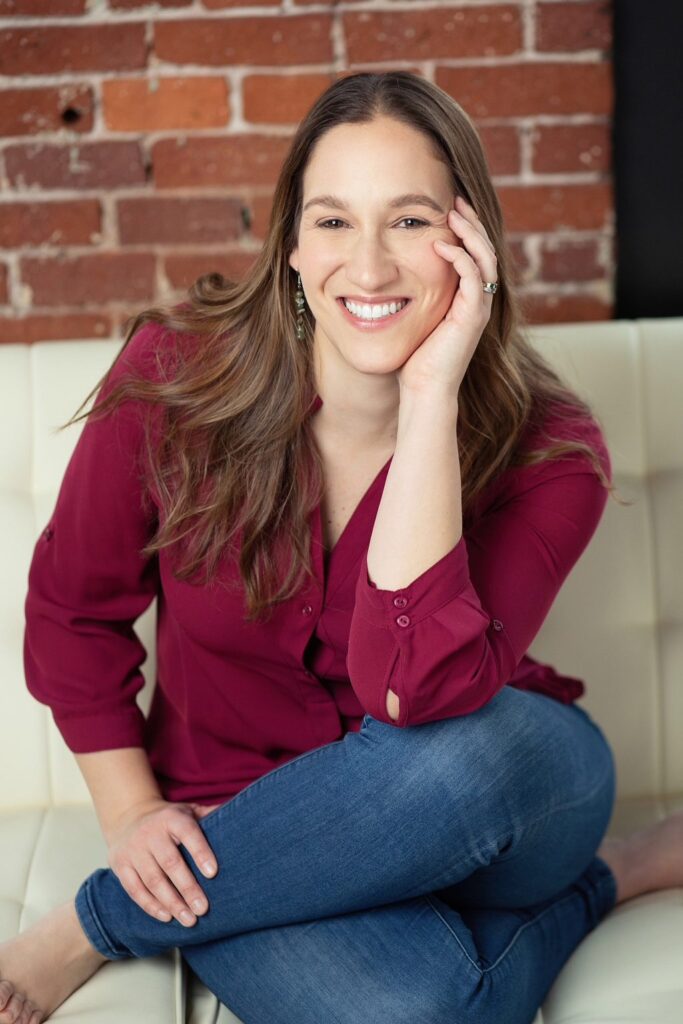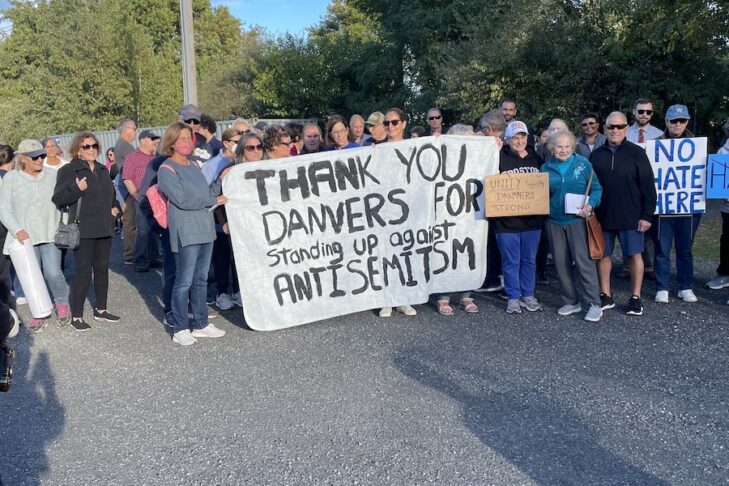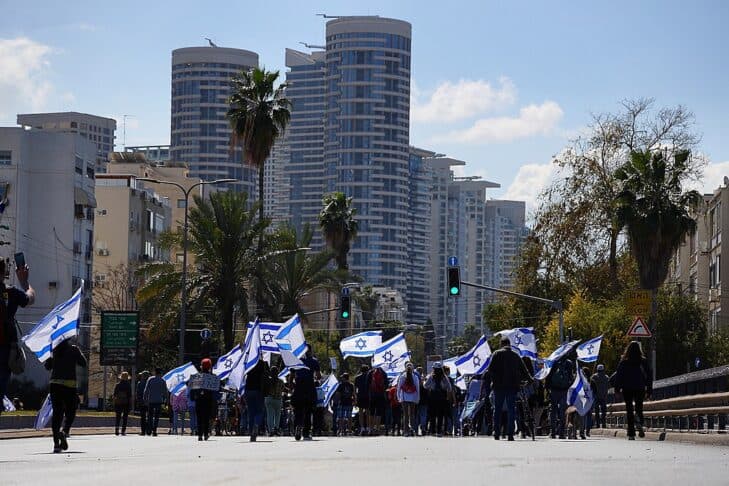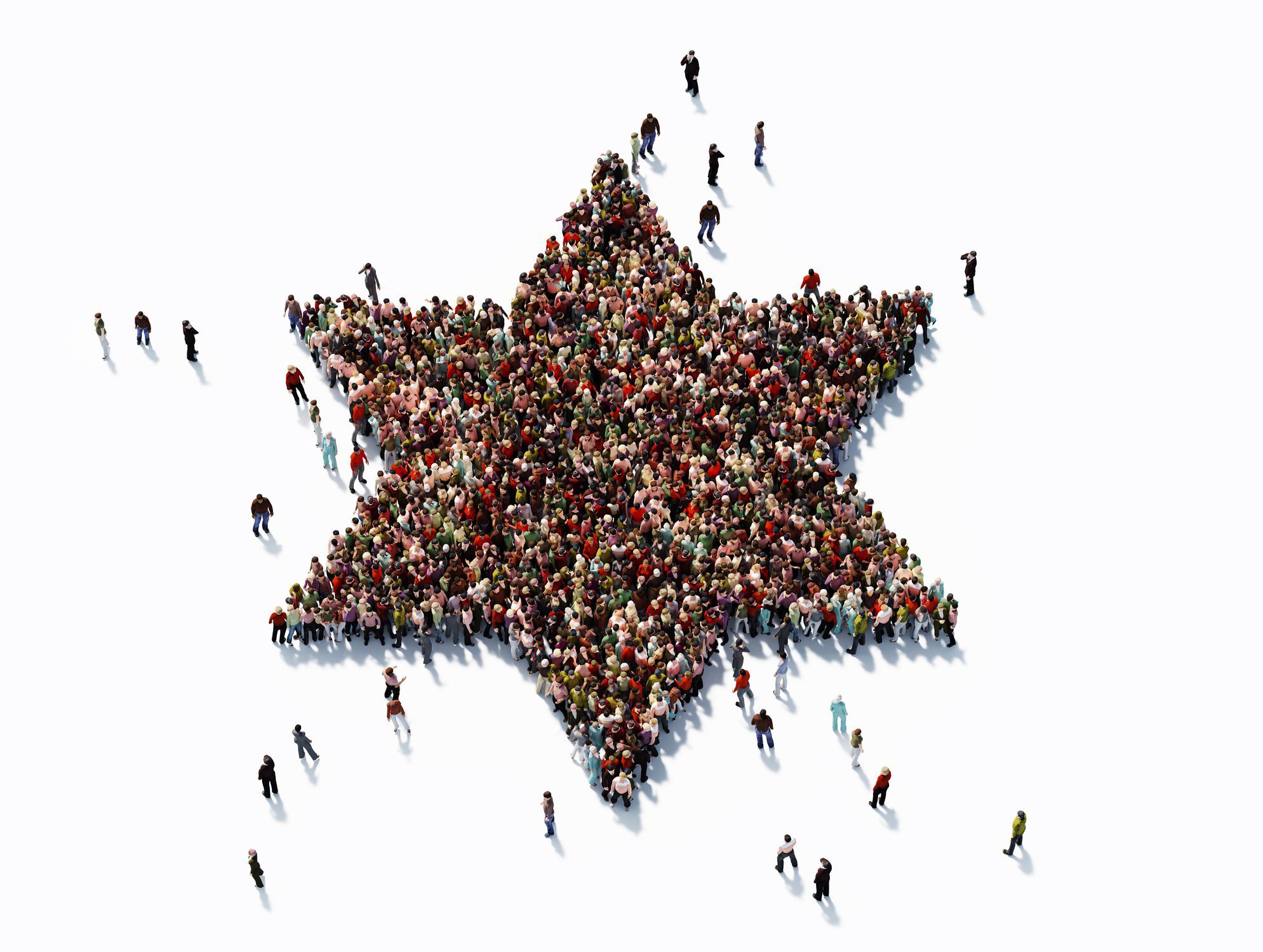By JewishBoston.com
When it comes to antisemitism, the internet is full of inaccurate and dangerous misinformation. It can be hard to find trusted voices and resources, so we compiled this list of Twitter accounts that are sharing news, context and a diversity of thoughtful perspectives on rising antisemitism in America and around the world.


